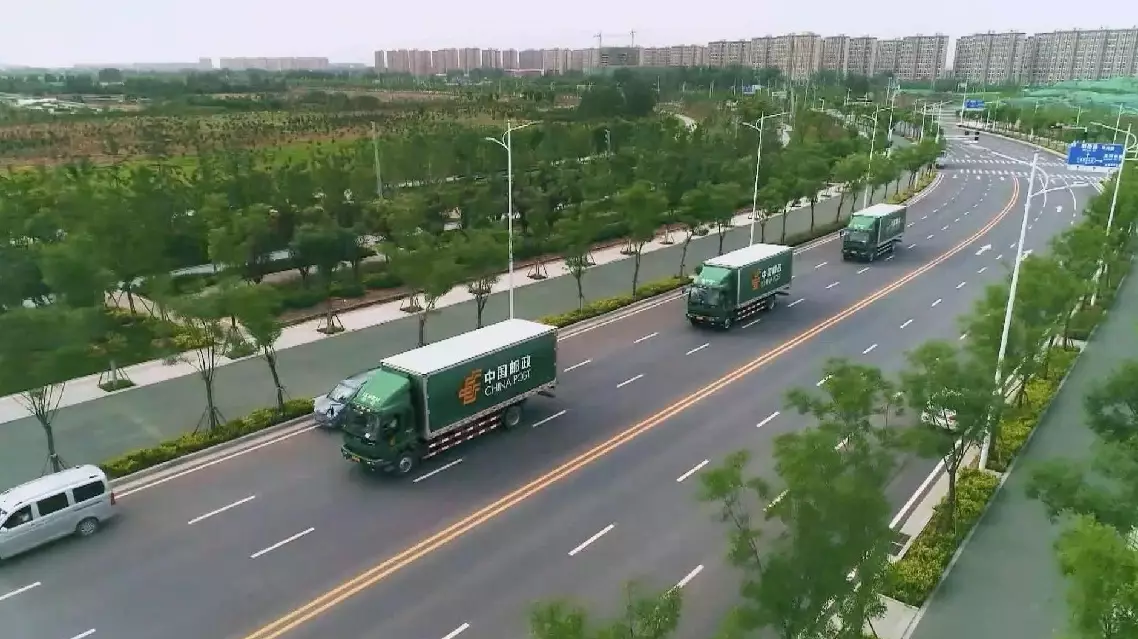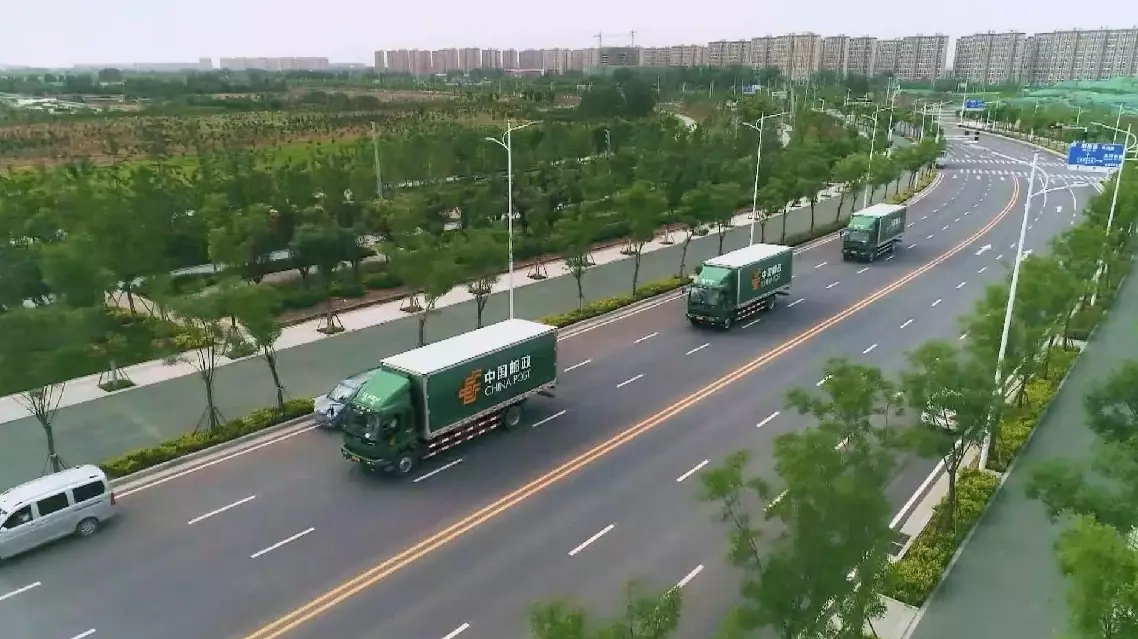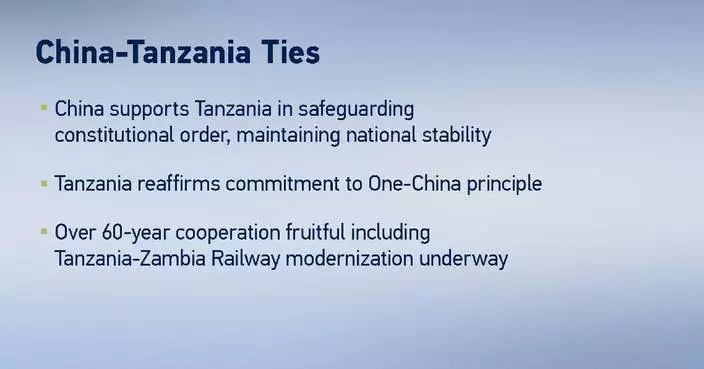China's total logistics volume in the first quarter of this year reached 91 trillion yuan (about 12.74 trillion U.S. dollars), a 5.7-percent increase year on year, accelerating by 0.4 percentage points compared to the January-February period and highlighting a solid start of the sector this year, according to the data released by the China Federation of Logistics and Purchasing (CFLP) on Tuesday.
The overall structure of logistic demand has improved, with new growth drivers gradually emerging.
Logistics of industrial goods grew by 5.9 percent year on year, accounting for over 80 percent of the total logistics volume, maintaining its position as the main engine of growth in demand, the data showed.
"The logistics demand for industrial products, particularly in high-tech manufacturing sectors and new growth drivers such as new energy vehicles, smart manufacturing, and photovoltaic devices, has been growing at a relatively fast pace," said Liu Yuhang, director of the China Logistics Information Center.
The impact of government policies has continued to support logistics demand.
Large-scale equipment upgrades and trade-ins of consumer goods have helped sustain the growth.
In the first quarter, logistics demand for general and specialized equipment went up 9.4 percent and 4.1 percent, respectively, while demand for consumer goods like communication equipment, home appliances and audiovisual products, and furniture shot up by 26.9 percent, 19.3 percent, and 18.1 percent, respectively.
Emerging e-commerce models such as instant-delivery online retail and live-streaming sales have kept strong momentum.
In the first quarter, online retail sales of physical goods rose by 5.7 percent year on year, with a 0.7-percentage-point increase compared to the January-February period. "New business models have continued to gain momentum, driving steady growth in logistics demand. The logistics network in both urban and rural areas has been further improved, unlocking the vast potential of the rural market," said Peng Chun, deputy dean of the Department of Logistics Management at Beijing Jiaotong University.

China's logistics sector logs steady growth in Q1

China's logistics sector logs steady growth in Q1









